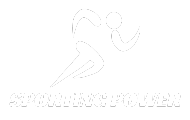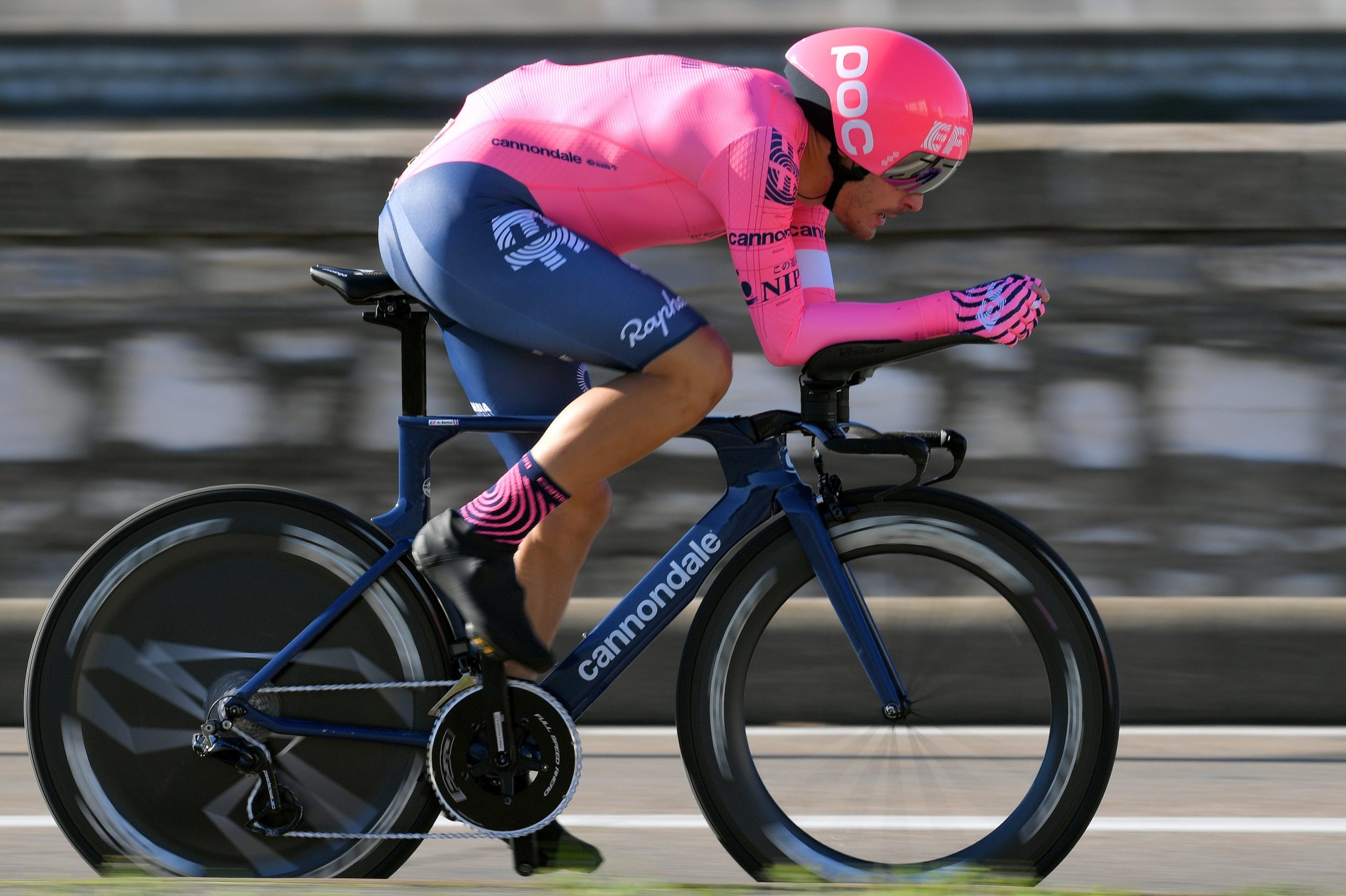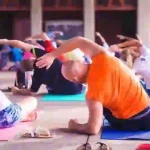All of us have been there before. One minute, you feel invincible and the next, you are ready to throw in the towel. It’s easy to do “the right” things when everything is going well. When will things get tough? Can you tell the difference between how you “really” feel and the way that you talk to yourself? You can regain your focus and remain optimistic. You may be as easy to let negative self-talk into your mental house and drag yourself down.
Not every performance will feel great. You may have had your best performances when you didn’t feel good but still pushed through. It’s important to train your mental muscles too, just as you would for physical performance. You don’t show up at the race hoping to perform, do you? You practice and study the exact demands that racing calls for, so much that they become ingrained in your subconscious. The same is true for positive self-talk. The more you practice, the better you will be at using these skills in your arsenal.
Constructive Self-Speak
Your words have power over you. These words are laden with different emotions and associations that can have a profound effect on us. You know that exercise you dread? When it appears in your training schedule, you immediately have negative thoughts swirling around your head towards it? We’re already having a negative start to the exercise before it even started. You’ll be able to see these emotions in your body: a head bowed down, shoulders tense from nervousness, lack of energy, and so on. The way our brains function at the fundamental neurological level can be affected by words. This, as stated before, changes the way our bodies perform. Remember: We can now control this!
Self-talk can be defined as your inner monologue, or operating commentary. Your unconscious mind influences your thoughts, which reveal your beliefs, questions and fears. It also affects the way you view yourself and the world around you. It can be positive or negative, but since our goal is to become better endurance athletes, we should focus on using optimistic self-talk to our advantage.
How can we be sure that “optimistic thinking” is effective? According to testing analysis, cyclists using self-regulated positive self-talk saw a 23.4% improvement in their efficiency.
Self-talking can reduce a rider’s perceived exertion rating (RPE) by a significant amount and improve endurance. Motivational self-talk also can increase rider energy, and improve time-trial performance. Improved efficiency? Say no extra!
We will discuss three types of positive self-talk:
Motivational
Education
Reward
Motivational
Your main source of motivation is self-talk. You can use phrases like “you got this,” “only another, you’re able to achieve it!” as if they were coming from your coach or an outside voice. This type of self-talk works best when it is spoken in the second person. Try using verbiage such as “You” instead of “I.”
Motivating self-talk can also be linked to the “why” of your actions. Why do you participate in a certain sport, event, etc.? Does it have to do with a charitable cause or a personal goal/problem? When the going gets tough, remembering your reason for doing something can be a huge motivator.
What would you say to someone you love? Encourage them to keep going! You can use the same concept to motivate yourself. Don’t give up on yourself! You wouldn’t give up on a friend, so why would you?
Reframing the problem is another technique for motivational self talk. Break the mountain ahead of you down into smaller, more digestible goals. For example, if you are in the middle of a marathon with 20 miles left, don’t think, “I won’t be able to make it another 20 miles at this pace.” Instead, say, “I will try to keep this pace to the next water station.”
Education
When we focus on a specific process, this is when we use educational self-talk. You can try “take a deep breathe, relax your shoulders” or “keep your cadence high”. Find out what cues will give you the desired results and test them.
Many athletes cannot focus on more than one thing at once, especially when their adrenaline is high, such as during a race or an intense interval. You can block out extra noise by focusing on your inner instructions.
Reward
You can reward yourself with a pat on the back, or congratulate yourself. You just finished a difficult interval but have three more to go. Do this: “Superb job, you nailed it, now relax and prepare.” What if we didn’t do so well in the last interval? If the last interval didn’t turn out as well as we had hoped, but you still tried your best, you now have three more chances to reach your goal!
Never overlook the smallest successes. We often only stop rewarding ourselves when we reach our big goal, but what about the small steps that we took to get there. These small steps of success can help you achieve your next small goal.
You can also use this to your advantage.
How will you apply the different types of positive self-talk?
Plan:
Schedule
Establish
Rewrite
You should follow a plan if you want it to be effective. Consistency is key in coaching. Schedule time during your training to monitor your self-talk. Identify the areas where you struggle. Do you battle during testing or VO2 efforts? Once you know where you struggle, you can better determine when you need to sharpen your mental tools! Use a combination of the three types of self-talk discussed previously when rewriting. What do you tell yourself? What words will you repeat in your mind? It is important to write it down, evaluate it, and repeat it!
Apply:
You can also find out more about Coaching
Racing
You shouldn’t wait for panic in the middle of a race to take over before you start to use positive self-talk. After hours of practice, your brain will automatically default to positive self-talk. It’s like expecting to break away from a professional-peloton without training a day on a bike ….not possible! Learn to anticipate race situations and practice your mental game. Rehearse the technique in between intervals. Before you go to bed, practice your technique. It is repetition and the intention of the practice matter that you get.
Once you’ve got mastered these techniques in training, it is time to put them into practice on race day. Before the race, practice entering the right mindset. You’ll have to refocus and regroup your thoughts when the going gets tough during the race. Focus on your instructional cues during the race: Try to think of three cues that you want to hit. You can use a phrase or key phrase to keep you motivated by writing it on your arm or the prime tube.
Evaluate:
What worked for you after your tough training session or race where you used your psychological strategies? What did not? What negative ideas crept into the conversation? How can you improve your inner dialogue? Continue to evaluate and monitor improvements in your mental recreation.
It’s hard to stay optimistic when things aren’t going well. Just because something is difficult doesn’t mean you should ignore it or hope for the best. Hope is not a strategy. You will become a better endurance athlete if you learn how to manage your internal voice.







